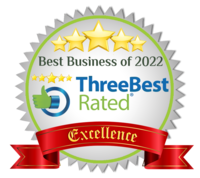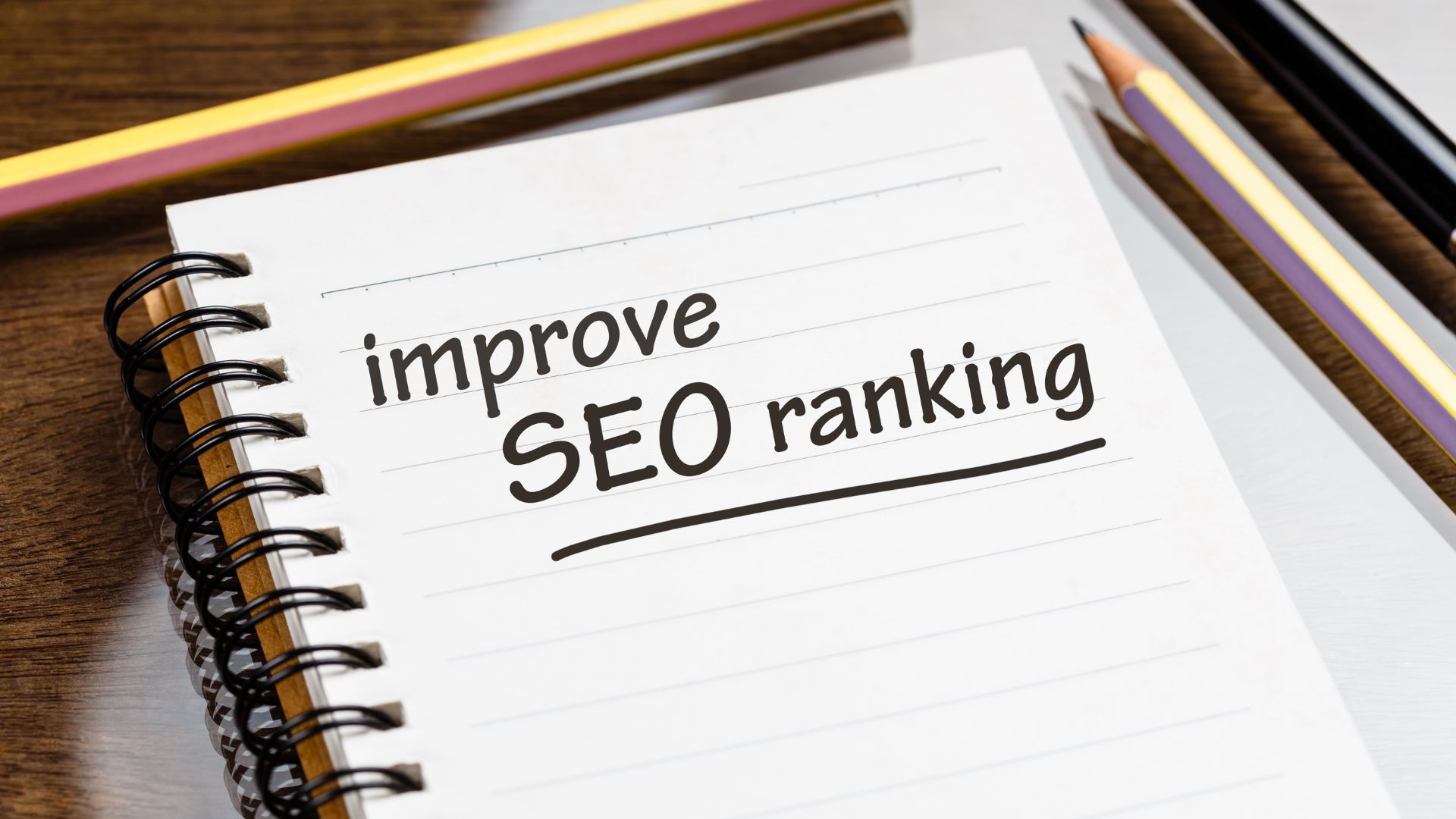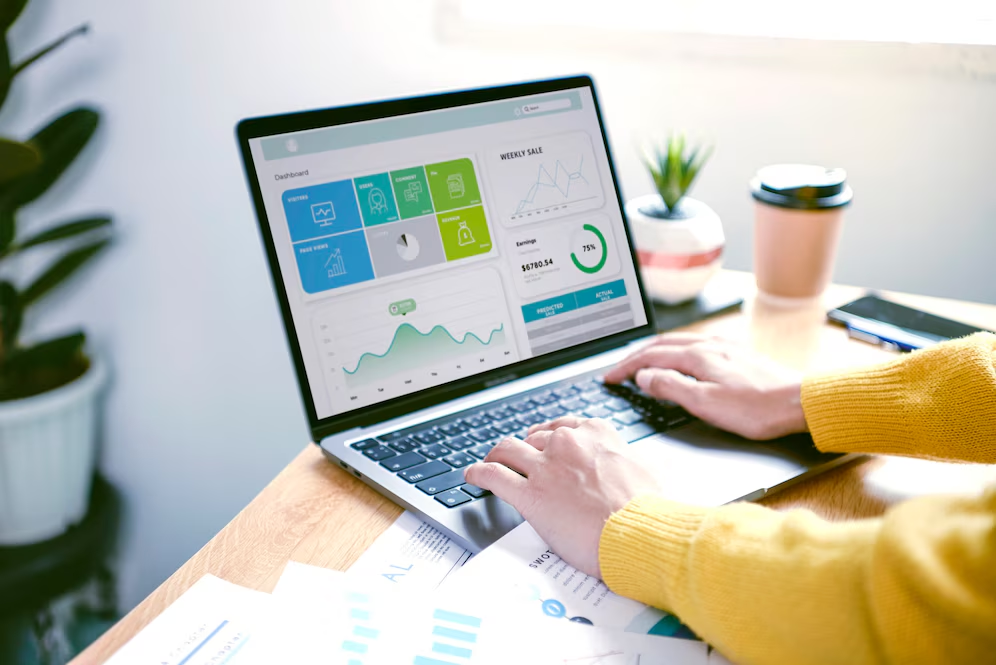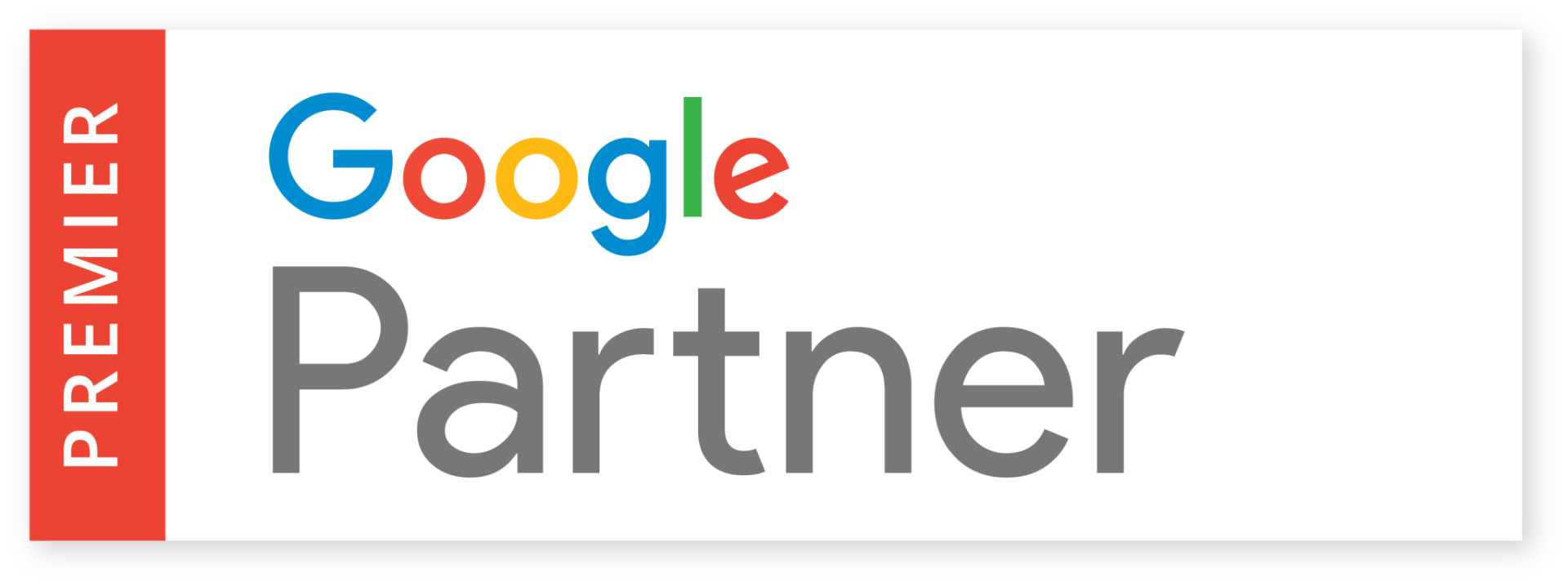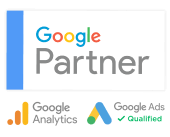Boost Website Ranking Using Effective SEO Strategies
Boost Website Ranking Through Effective SEO Techniques
Many website owners struggle to achieve higher search rankings in a crowded online space. This article explores effective SEO techniques that can boost website ranking, including on-page and off-page strategies, as well as technical optimization. Readers will learn how to enhance their website’s authority, fine-tune their content marketing efforts, and continually monitor performance. By addressing these common challenges, this content aims to provide practical solutions that lead to improved visibility and traffic for their websites.
Key Takeaways
- Optimizing title tags and meta descriptions improves visibility in search engine results
- Using header tags enhances website structure and user experience for better engagement
- Incorporating relevant keywords naturally boosts on-page SEO and content relevance
- Ensuring a responsive design and quick loading times is essential for user satisfaction
- Regularly updating content maintains its relevance and supports ongoing SEO efforts
Implement on-Page SEO Techniques to Enhance Rankings

Optimizing title tags and meta descriptions enhances visibility in search results, while structured header tags improve content organization. Utilizing alt text for images benefits image search results. A focus on user experience through responsive design and quick loading times is essential. Incorporating relevant keywords aids in effective search engine optimization, and implementing internal linking strategies boosts navigation. Each of these elements plays a critical role in driving digital transformation and advancing online presence.
Optimize Title Tags and Meta Descriptions for Better Visibility
Optimizing title tags and meta descriptions is a vital step for improving visibility in search engine results. For instance, a well-crafted title tag should incorporate relevant keywords such as "social media marketing" and reflect the content accurately, which can also enhance click-through rates. Similarly, an engaging meta description can summarize the page's focus while including keywords like "Google ads" and "logo," making it more appealing for users browsing through search results on Google.
Utilize Header Tags to Structure Your Content Effectively
Utilizing header tags effectively is essential for enhancing website structure and improving user experience, particularly for an advertising agency focused on optimizing internet presence. By organizing content through hierarchical header tags, websites help both users and search engines identify key topics and subtopics quickly, which can lead to increased engagement and lower bounce rates. A clear structure not only aids in management but also reinforces content relevancy, ultimately supporting the site's budget and advertising efforts while driving higher search rankings.
Use Alt Text for Images to Improve Image Search
Using alt text for images is a vital component of on-page SEO that significantly enhances a website's visibility in image search results. By crafting descriptive alt text that includes important keywords such as "brand" and "social media," marketers can improve brand awareness and ensure that their message resonates with the target audience. For example, when promoting visual content through analytics, including relevant terms in alt text helps search engines understand the context, ultimately driving more traffic and engagement to the site.
Ensure User Experience Through Responsive Design & Fast Loading
Ensuring a positive user experience through responsive design and fast loading times is fundamental for improving website rankings, especially in competitive markets like Rhode Island. Websites that adapt seamlessly to various devices enhance engagement on platforms such as Facebook and Instagram, which is critical for successful marketing strategies. By optimizing for speed and responsiveness, marketers can significantly reduce bounce rates and increase the likelihood of conversions, thereby boosting their overall online presence.
Incorporate Relevant Keywords Naturally Throughout the Content
Incorporating relevant keywords such as "digital marketing" and "photography" naturally throughout the content is essential for optimizing on-page SEO. This approach not only enhances visibility in search results but also ensures that the content remains engaging and informative for the target audience. For instance, a blog post discussing photography tips can effectively integrate terms like "digital marketing strategies for photographers," creating a meaningful connection between the keywords and the subject matter while addressing potential pain points for readers seeking to improve their online presence.
Implement Internal Linking Strategies to Boost Navigation
Implementing internal linking strategies is essential for enhancing website navigation and improving SEO performance. By connecting relevant pages within the site, marketers can guide users to related content, enriching their browsing experience and encouraging them to spend more time on the website. For example, linking a blog post about content marketing to a related article about SEO strategies helps users find comprehensive information while signaling to search engines the relationships between topics, ultimately boosting the site's authority and ranking:
| Strategy | Description | Benefit |
|---|---|---|
| Relevant Linking | Connect related content through hyperlinks | Enhances user navigation and time on site |
| Keyword Inclusion | Incorporate keywords in anchor text | Improves search engine recognition and relevance |
| Link Depth | Ensure links lead to deeper content | Increases page views by encouraging exploration |
On-page SEO lays a strong foundation for your website’s visibility. Now, it’s time to turn outward and apply off-page methods to build lasting authority
Apply Off-Page SEO Methods to Build Authority

Engaging in guest blogging can provide quality backlinks that enhance website authority. Networking on social media helps to boost brand awareness and connect with potential customers. Collaborating with influencers expands reach, while monitoring backlink quality prevents toxic links from harming SEO. Submitting to relevant directories and participating in online communities further supports natural link building and promotes exposure.
Engage in Guest Blogging for Quality Backlinking
Engaging in guest blogging serves as an effective strategy for acquiring quality backlinks, which are essential for boosting website authority and improving rankings. By contributing insightful articles to reputable sites within the industry, organizations can showcase their expertise and attract traffic from readers interested in their niche. This not only aids in establishing credibility but also provides an opportunity for increased visibility, ultimately leading to higher user engagement and potential conversions.
Network on Social Media to Increase Brand Awareness
Networking on social media platforms is a powerful method for increasing brand awareness and establishing authority. By actively engaging with the audience through consistent posting and interactions, businesses can cultivate a loyal community that amplifies their message. For instance, sharing valuable content related to industry trends, responding to comments, and collaborating with other brands enhances visibility and fosters relationships that can lead to organic traffic growth and improved website rankings.
Collaborate With Influencers to Expand Your Reach
Collaborating with influencers can significantly enhance brand visibility and strengthen online authority. By partnering with individuals who have established trust and credibility within a specific niche, businesses can effectively reach a larger audience and foster engagement. For example, a local coffee shop might team up with a popular food blogger to showcase their unique offerings, driving traffic to their website and improving search rankings through quality backlinks generated by the influencer's recommendations.
Monitor Backlink Quality and Remove Toxic Links
Monitoring backlink quality is a crucial aspect of off-page SEO that directly influences website authority. Regularly analyzing the backlinks pointing to a site helps identify toxic links that can harm search rankings. For instance, a sudden spike in low-quality backlinks from spammy websites can trigger penalties from search engines, leading to a decline in visibility. By using tools to evaluate backlink profiles and promptly removing or disavowing harmful links, businesses can maintain their site’s integrity and uphold a strong online presence.
Submit Your Site to Relevant Directories for Exposure
Submitting a website to relevant directories is a strategic approach for enhancing online visibility and authority. Directories serve as valuable resources for users seeking specific products or services, making it essential for businesses to be listed where their potential customers are searching. For example, a local restaurant can gain significant exposure by registering on food and dining directories, which not only helps attract organic traffic but also establishes credibility within the community.
Participate in Online Communities for Natural Link Building
Participating in online communities is an effective strategy for natural link building that can significantly enhance website authority. By engaging with audiences in relevant forums, social media groups, and industry-specific platforms, businesses can share valuable insights and content that resonate with potential customers. This not only fosters relationships and positions organizations as thought leaders but also encourages community members to link back to their websites, ultimately boosting search engine rankings and driving organic traffic.
Building authority off-page is just the beginning. Next, one must turn to technical SEO strategies to refine and optimize the path to success.
Utilize Technical SEO Strategies for Optimization
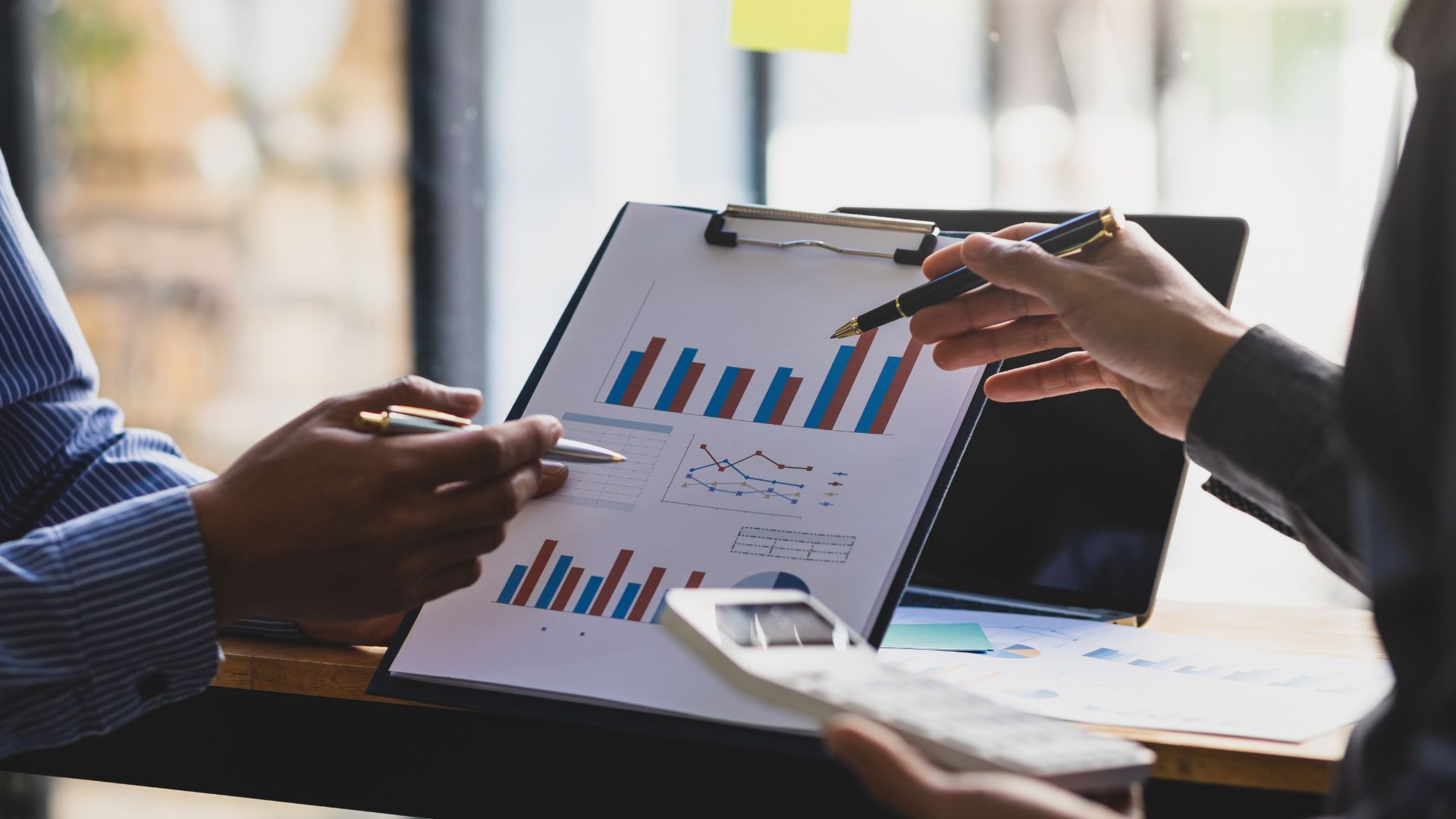
Ensuring a website's optimal performance requires implementing several technical SEO strategies. A proper sitemap enhances crawlability, while an optimized robots.txt file controls crawling directions. Improving site speed through compression and minification, fixing broken links to enhance user experience, and implementing secure HTTPS protocol build trust. Furthermore, optimizing mobile usability is crucial for accommodating increased traffic, driving engagement and boosting overall rankings.
Ensure Your Site Is Crawlable With a Proper Sitemap
Ensuring a site is crawlable with a properly structured sitemap is fundamental for effective SEO. A sitemap acts as a roadmap for search engines, guiding them through the pages and content of a website, and facilitating efficient crawling and indexing. For example, an e-commerce site with numerous products can benefit greatly from a well-organized sitemap, as it makes it easier for search engines to discover new products and updates, ultimately enhancing the site's visibility in search results.
Optimize Your Robots.txt File to Control Crawling
Optimizing a robots.txt file is essential for controlling how search engines crawl a website. This file instructs crawlers which pages or sections of a site to access or ignore, allowing site owners to protect sensitive content while focusing search engine efforts on valuable areas. For example, if an e-commerce site has a staging environment not meant for public viewing, adding a directive to the robots.txt file can prevent search engines from indexing it, thereby preserving the site's overall authority:
- Define disallowed areas to protect sensitive content.
- Specify allowed areas to ensure important pages are indexed.
- Consult tools to test robots.txt effectiveness before implementation.
Improve Site Speed Using Compression and Minification
Improving site speed through compression and minification is essential for enhancing user experience and SEO performance. Compression reduces the file size of images, scripts, and stylesheets, leading to faster load times without sacrificing quality. Coupled with minification, which removes unnecessary characters and spaces from code, these techniques streamline website performance, ultimately engaging visitors and reducing bounce rates, which positively impacts search engine rankings.
Fix Broken Links to Enhance User Experience
Fixing broken links is an essential practice that significantly enhances user experience and contributes to improved website rankings. When visitors encounter broken links, it leads to frustration and can prompt them to leave the site, resulting in increased bounce rates. By regularly auditing the website and repairing or replacing broken links, businesses can ensure a seamless navigation experience and retain users, which is ultimately favorable for search engine optimization ri.
- Identify broken links through regular site audits.
- Repair or redirect broken links to maintain user engagement.
- Enhance overall site credibility with functional internal and external links.
Implement Secure HTTPS Protocol for User Trust
Implementing a secure HTTPS protocol is critical for building trust with users and enhancing website ranking. Websites that utilize HTTPS encrypt data, protecting sensitive information such as login details and financial transactions from potential threats. Furthermore, search engines prioritize secure sites, which can translate into improved visibility in search results, ultimately benefiting overall online presence:
| Aspect | Benefit |
|---|---|
| Data Encryption | Protects user information from threats |
| Search Engine Preference | Improves visibility in rankings |
| User Trust | Encourages interaction and loyalty |
Optimize Mobile Usability for Increased Traffic
Optimizing mobile usability plays a crucial role in increasing traffic and improving overall website rankings. With a significant portion of users accessing the internet via mobile devices, ensuring that websites function seamlessly on these platforms is essential. By implementing responsive design elements, businesses can provide an enhanced user experience that caters to the needs of mobile users, ultimately resulting in lower bounce rates and higher engagement levels, which significantly contribute to better search engine visibility.
With solid technical strategies in place, the next step lies in understanding the competition. By examining their tactics, valuable insights can emerge, guiding more effective optimization approaches.






